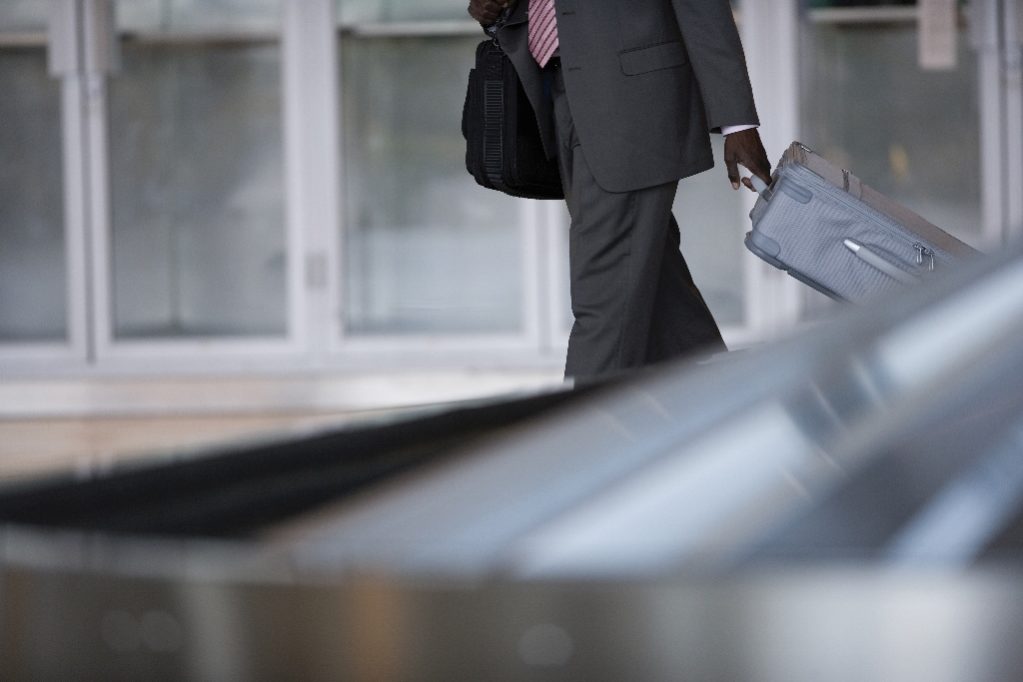The new controversial South African visa requirements have been labeled an economy killer and sparked widespread jitters in the tourism business.
Foreigners who want to visit South Africa must apply for visas in person at South African embassies to have their biometric data captured. Residents of countries who require a short-stay visa for South Africa and do not have a South African embassy in their country or city, will have to travel. Parents and guardians traveling with children, must be in possession of an unabridged birth certificate.

CAPE TOWN, SOUTH AFRICA – APRIL 28: Deputy Minister of Home Affairs, Fatima Chohan meets to discuss the recent xenophobic violence on April 28, 2015 in Cape Town, South Africa. The Portfolio Committee on Home Affairs hosted a meeting with Ministers of Home Affairs, Small Business Development as well as Police on the challenges of xenophobic violence and looting of foreign owned shops. (Photo by Gallo Images / Die Burger / Deon Raath)
While the tourism industry cries foul, Deputy Minister of Home Affairs, Fatima Chohan, defended the new regulations. She argues that the migration laws have not been changed for 15 years and that the regulations are in line with international rules against child trafficking. An estimated 30,000 children are trafficked through South Africa each year, according to government.
“Research suggests that it will cost the South African economy 21,000 jobs and around R10 billion ($809 million). By the end of 2014‚ the number of visitors from China and Brazil had dropped 70% and 62% from the year before‚” says Beverley Schäfer‚ the spokesperson on Economic Opportunities‚ Tourism & Agriculture from the opposition party, the Democratic Alliance.
Loading...
South Africa began implementing new immigration regulations in May 2014. From May to December, South Africa lost 66,000 foreign tourists due to changes in the immigration regulations.
The Association of Southern African Travel Agents (ASATA) has estimated the new rules will hit 15% of tourists.
“In 2014, South Africa received 9.55 million foreign overnight tourists, an increase of 7,5 percent over that recorded in 2013. Demand from all overseas markets steadily dissipated throughout the year, coming off highs of 8,6 percent in the first four months of the year to a decline of 1,2 percent in the last four months. Assuming a 20 percent drop in demand from the family market will result in a direct, indirect and induced loss to the South African economy of at least R10 billion ($809 million) per annum and potential job losses of around 24,000,” says ASATA.
The damage to the South African economy so far is R2.6 billion ($210 million) and a threat to more than 5,800 jobs, it says. In the future, ASATA warns of the loss of 100,000 tourists with R1.4 billion ($113 million). This translates to a net loss to the GDP of around R4.1 billion ($331 million) and 9,300 jobs.
Despite South Africa’s economy facing another hit, the hospitality sector is poised for further growth in the next five years in the wake of a number of inbound travelers into the African continent, according to a report issued by PricewaterhouseCoopers (PwC) in June. The hotel industry in 2014 benefited from an increase in foreign visitors and rising room rates. The new visa regulations, could scupper this.
“Many in the industry fear that international tourists will not consider South Africa as a destination, which already has a number of issues and concerns despite being a cheap destination. International visitors especially those from India or China or those traveling with families may chose a destination where entry requirements are less onerous,” says Nikki Forster, a director and partner at PwC.
South Africa’s Minister of Tourism, Derek Hanekom, admits tourism has been hit. At the World Economic Forum on Africa he hinted that there would be a review.
“The current requirements [are] up for discussion right now as we speak, so it is not engraved in stone… We are in very intense discussions on this and I think we will find each other and find the right balance between legitimate defending, legitimate interests of the state and defending your national security interests and not putting unnecessary requirements on people wanting to travel to South Africa,” he said.
The Department of Tourism has since stated there will not be a review, but that talks about implementation will continue. The ministerial cabinet has resolved to set up a team of ministers to discuss and engage with any concerns to address the unintended consequences of the regulations.
With reports that Air China has cancelled the launch of direct flights to South Africa over the regulations, many of the continent’s finest resorts fear the threat of too much room at the inn.
Loading...
